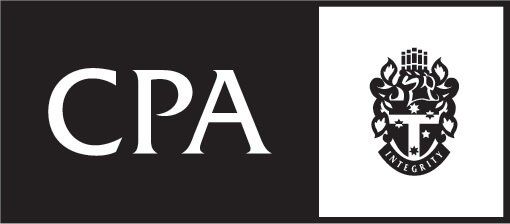February 2022 - Update
If you have not yet lodged your 2021 tax returns, our office is open for Office, Zoom or Phone appointments. With due dates fast approaching, we encourage you to contact us on 03 9853 1000 or email admin@crawfordaccountants.com.au to organise your tax appointment.
New Recognition for Crawford Accountants
We are excited to announce our Platinum Champion partnership status with Xero – the leading accounting software provider. Our relationship with Xero has given us incredible insight into our clients’ businesses and has played an important role in making our team more effective business advisors.
The Platinum Champion partnership is a special distinction awarded to accounting firms with sustained growth and expertise in cloud accounting technology. A Xero Platinum Partner status means you are working with an advisor who knows the application inside out and selected by the platform itself as better suited to provide technical support to its clients.
As a certified Xero Platinum Partner, we can offer our expertise in the following areas.
- Work out If Xero is suitable to your business
- Setting up Xero correctly
- Migrating to Xero from another software
- Training on Xero and best practice advice
- Advice on add-on applications
- Assistance with Payroll and STP
Get in touch with us and see the difference Xero can make to your business.
Support for businesses
The ATO has a range of support available for small businesses experiencing difficult situations, such as natural disasters, mental health challenges or financial hardship.
Depending on the business taxpayer’s circumstances, the ATO may be able to:
- give the business extra time to pay its tax;
- set up a payment plan tailored to its situation;
- re-issue tax returns, activity statements and notices of assessment;
- help the business reconstruct lost or damaged tax records;
- prioritise any refunds the business is owed; and
- remit penalties or interest charged during the time the business has been affected.
If your business is in financial difficulty and needs support, please contact our office and we can assist in finding a suitable solution.
SME Recovery Loan Scheme extended to 30 June 2022
The SME Recovery Loan Scheme has been extended by a further six months (to 30 June 2022) to support SMEs adversely economically affected by the Coronavirus Pandemic.
Under the Scheme, eligible businesses can obtain loans through participating bank and non-bank lenders with the backing of a Government loan guarantee.
Around 80,000 loans worth approximately $7.3 billion have been written to date since the Scheme commenced in March 2020.
SMEs who are dealing with the economic impacts of COVID-19 with a turnover of less than $250 million will be able to access loans of up to $5 million over a term of up to 10 years.
Other key features of the Scheme include the following:
- Lenders can offer borrowers a repayment holiday of up to 24 months.
- Loans can be used for a broad range of business purposes, including to support investment.
- Loans may be used to refinance any pre-existing debt of an eligible borrower.
- Loans can be either unsecured or secured (excluding residential property).
Importantly, the Government’s loan guarantee has been reduced to 50% (down from 80%) for loans available from 1 January 2022 until 30 June 2022.
COVID-19 vaccination incentives and rewards
The ATO has reminded employers to consider their tax and super obligations when employees are provided with incentives or rewards for getting their COVID-19 vaccination.
When employees are provided a cash payment, including paid leave for employees to get their COVID-19 vaccination (or additional paid leave to recover from any vaccination side effects), employers should withhold PAYG withholding and make super contributions on the amount.
Furthermore, the payment must be reported to the ATO via Single Touch Payroll (‘STP’) as part of the employee's salary or wage.
On the other hand, employers must consider the FBT consequences of providing non-cash benefits as an incentive for their employees to get vaccinated.
Such benefits may include:
- Goods or services provided to the employee.
- Vouchers and gift cards.
- Prizes won by an employee in a competition (e.g., a raffle).
Note that certain FBT exemptions and reductions may apply in some circumstances.
For example, if an employer provides or pays for an employee's transport to get their COVID-19 vaccination, there is generally no FBT payable.
Higher PAYG withholding rates continue to apply to backpackers
As we recently communicated, the High Court has held that the 'working holiday maker tax' (also known as the 'backpackers tax') did not apply to a taxpayer on a working holiday visa from the United Kingdom who was also an Australian tax resident.
This was due to the application of the Double Tax Agreement between Australia and the United Kingdom.
This tax treatment will only apply where the working holiday maker is both an Australian resident for tax purposes and from Chile, Finland, Japan, Norway, Turkey, the United Kingdom, Germany or Israel.
However, the ATO has recently told employers that the higher PAYG withholding rates continue to apply to working holiday maker employees.
This is regardless of the country they are from (unless the employer receives an PAYG variation notice from the ATO).
Broadly, the working holiday maker withholding rates apply as follows:
- If the employer is registered with the ATO as an employer of working holiday makers, they should withhold tax at the tax rate of 15% from the first dollar the working holiday maker employee earns up to $45,000. Tax rates change for amounts above $45,000.
- If the employer is not registered with the ATO as an employer of working holiday makers, they must withhold tax at 32.5% from every dollar the working holiday maker employee earns up to $120,000. The foreign resident withholding rates must be applied to income over $120,000.
If a working holiday maker employee has had excessive amounts of PAYG withheld from their salary, they can lodge a tax return at the end of the income year to receive a tax refund (where eligible).
Single Touch Payroll exemption extended for WPN holders
Any entity covered by the exemption may still choose to voluntarily report under STP.
This continues the exemption that has been provided to relevant entities since the commencement of the 2018-19 financial year.
As a result of this extension, certain entities that have a WPN (but not an ABN) will not be required to report under STP for the 2021‑22 and 2022-23 financial years.
The ATO has extended the Single Touch Payroll (‘STP’) reporting exemption available to entities that have a withholding payer number (‘WPN’).
Payment extension relating to JobKeeper objections
The JobKeeper rules have been amended to ensure the ATO can make payments to certain taxpayers after 31 March 2022.
Where a taxpayer has objected to an ATO decision relating to JobKeeper, a payment can be made by the ATO after 31 March 2022 to give effect to the objection decision and decisions of the AAT or a court.
Importantly, this extended payment date will only apply where a valid objection was given to the ATO on or before 30 November 2021.
The information provided in this update is general in nature and if you have any queries of require further information or assistance with the above, please contact our office.
Crawford News






